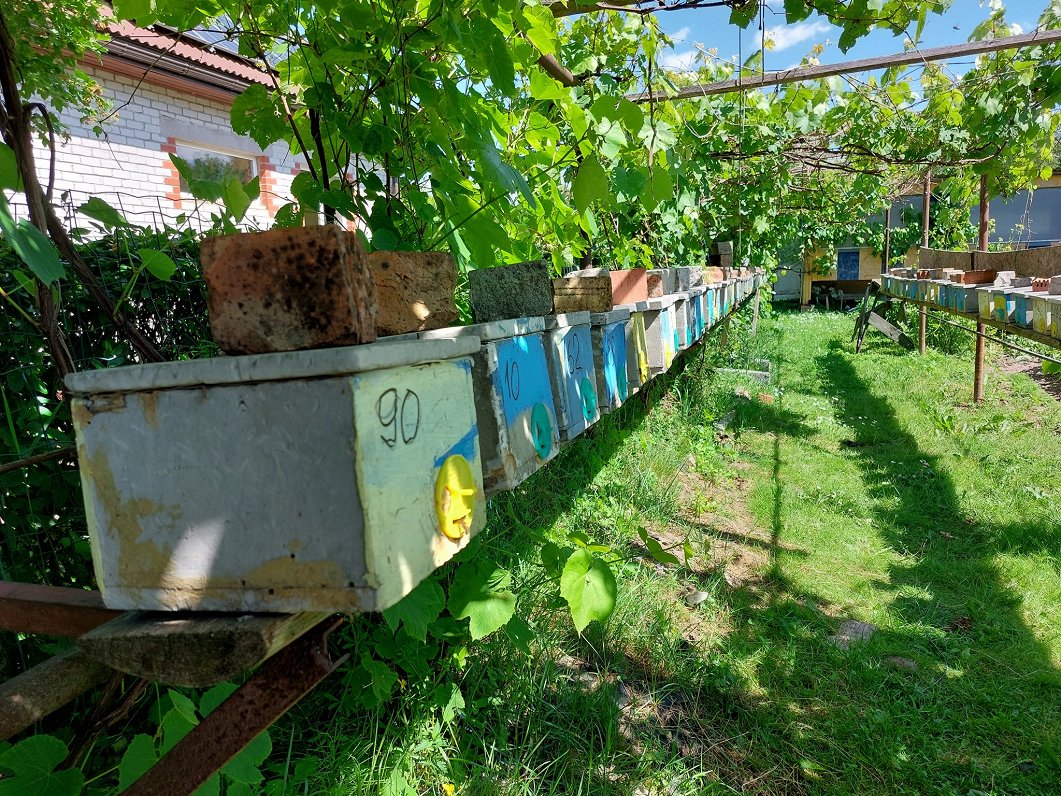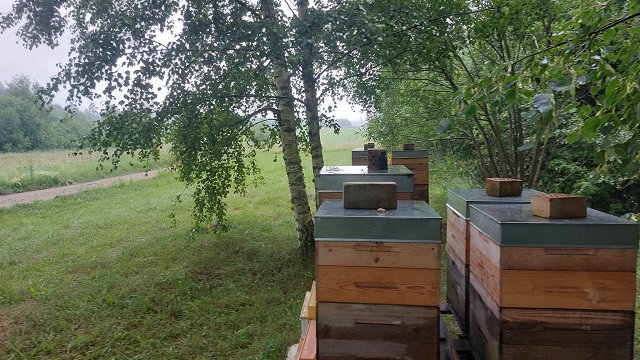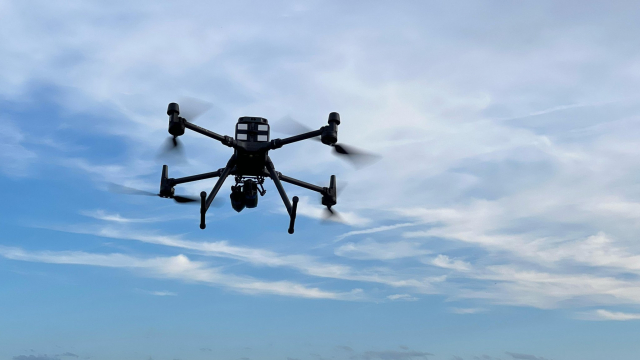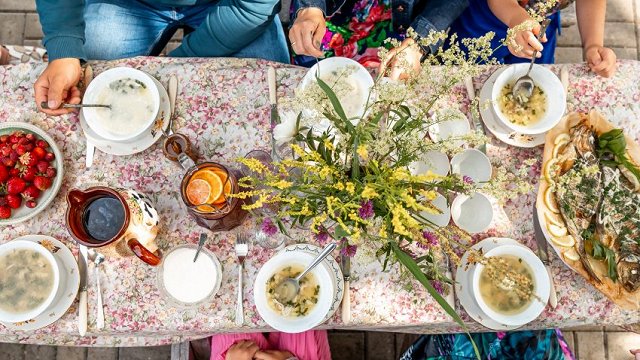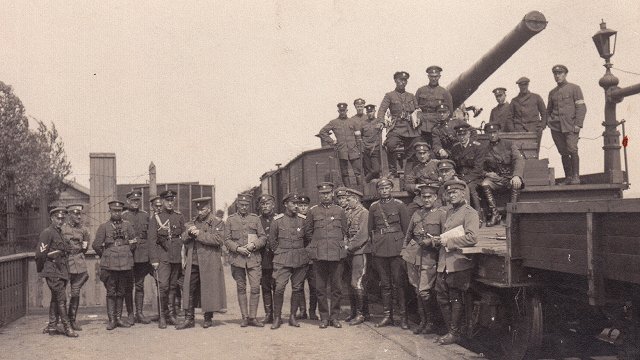A remarkably warm and sunny May saw trees and flowers blossoming and blooming early, offering plenty of opportunity for busy bees to go buzzing about their business so that Already in the first month of the honey-making summer, it was possible to generate the average volume of honey produced for an entire season.
However, the early activity could well come with a sting in its tail.
"The beginning looked very promising, and a lot came, but now it looks like nothing is coming, because everything has blossomed. All hopes are still on linden trees and second flowering," says Jānis Liepnieks, a beekeeper of Cenu parish, Jelgava region.
He has colonies of bees in the yard of his farm, and honey is actively collected in hives in a nearby meadow. It is true that, at present, several common nectar plants - raspberries, dogwood, rapeseed - have already bloomed, thanks to the warm weather. Therefore, a calmer period in July in expected.
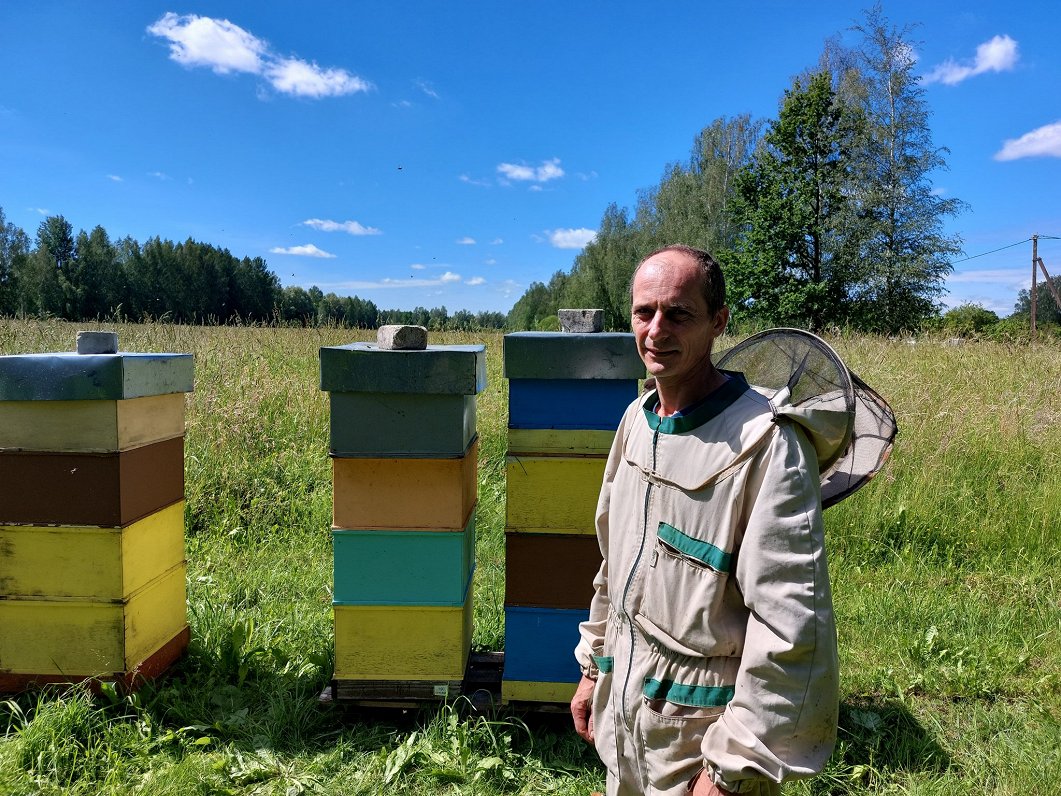
"Somewhere in July, buckwheat fields that have been sown earlier usually start to bloom. Also, something starts to bloom again on the banks of the river, but July will be the emptiest month," continues the beekeeper.
When asked if the linden trees started to bloom very early this year, Jānis Liepnieks admits: "Well, it's such a mythical plant, and people say that linden trees flower only once every seven years. Yes, outside of cities, bees don't always get inside them, and there's a short moment when she [the bee] can take that linden. On the other hand, linden honey comes into the cities every year."
A productive season, according to him, is in monocultures in large fields, for example, clover fields could have a good yield. "But the active yield of the forest and meadow-sides stopped there already a week ago," adds the beekeeper.
The price of honey is currently low, and the beekeeper says that the demand for local honey has also decreased.
"Acquaintances and connoisseurs who have ever bought or passed by know where to buy their honey, but those volumes are relatively small. Yes, the price is good for those monofloral honeys, like rapeseed. But the demand in the market was very, very low last year not because of purchasing power – I think it's a common European thing," says the beekeeper.
Price is influenced by Ukraine
Valters Brusbārdis, member of the board of the Latvian Beekeeping Society and researcher, predicts that a good honey harvest is expected in Latvia this year. Although it is usually in July that the honey yield in the hives is more intense, this season in May it was especially high. On the other hand, June is the time of linden trees, and they also start blooming earlier in the cities.
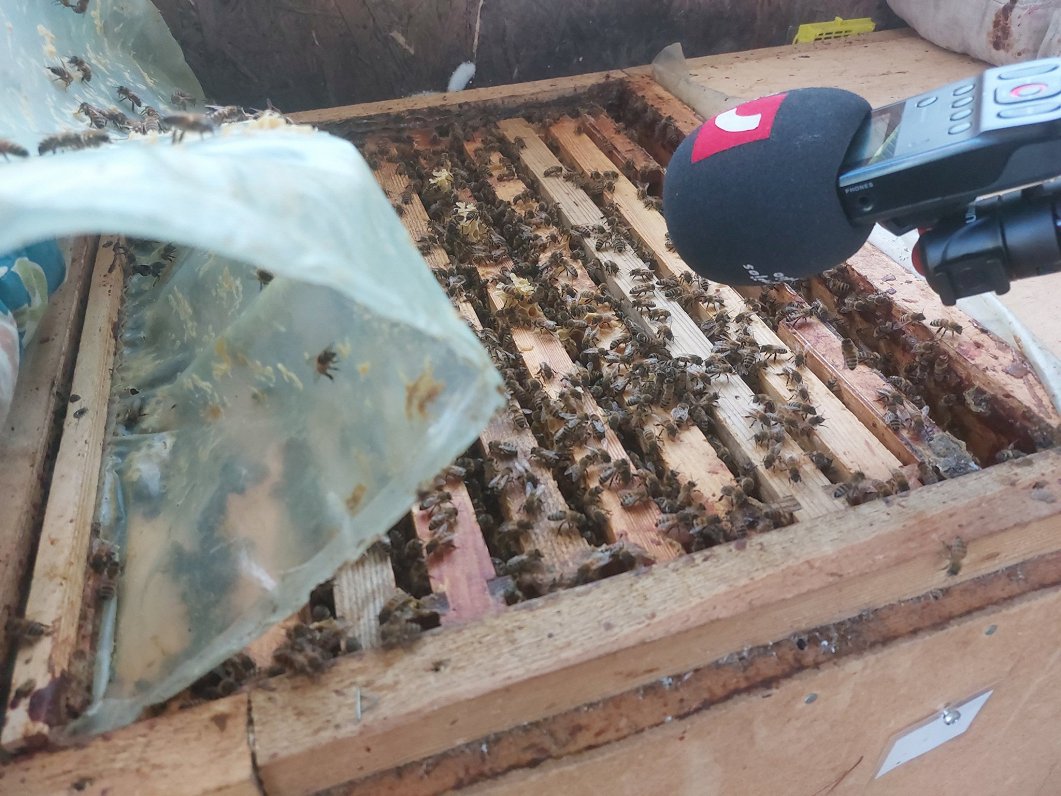
"Very good weather conditions developed in May, providing a fantastic yield for the bees. At the moment, most beekeepers have already produced around 30-40 kilograms of honey on average, which has not yet been completely released, but there are also farms where the production is already 50 and 60 kilograms," says Brusbārdis.
Almost 114 thousand bee colonies were registered in Latvia at the beginning of June this year, and the number of beekeepers is increasing. However, Brusbārdis also points out that the market is stagnating due to the low price of honey.
In Latvia, more honey is produced than consumed on the domestic market, but the situation with exports is complicated.
"The price in wholesale is from 1.60 euros per kilogram up to 3.50 euros per kilogram. If the price of honey in wholesale is below 2.50 per kilogram, then it is already close to the cost price. At the moment, the market is largely influenced by events in Ukraine, which is a large producer of beekeeping products and can freely sell its products to Europe.
"At the moment, the big packers, including the German packers, are happy to choose a cheaper product. This is not just a Latvian story. Problems in beekeeping exist throughout the European Union. We have to be different from those who sell honey only in barrels and go forward with innovative products," says the representative of the Beekeeping Society.
The Beekeeping Society has also been monitoring the health of bee colonies on farms for a long time, and data from the past winter show that bee mortality was similar to other years - around 14% of bee colonies were lost. It is affected both by various bee ailments, such as varratosis, and also by external negative factors, including pesticides, the association states.
